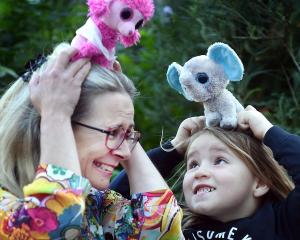The union advocate who led the failed bid for a huge multi-union health pay deal is unsure whether she would recommend the ambitious attempt again.
Dunedin-based Glenda Alexander, who was lead negotiator in the joint process, will now co-lead pay talks for the New Zealand Nurses Organisation, following this month's rejection of a joint pay deal for about 55,000 health workers.
Covering 80% of DHB workers in 10 unions, the negotiation attempt was a first.
The Otago Daily Times reported on Saturday the offer of a 2% bonus this year, followed by 2.5% pay rise next year, was rejected by nine of the 10 unions, meaning DHBs would open separate negotiating processes.
Ms Alexander's philosophy was to "never say never", meaning she could not rule out the same approach next year, but there were significant differences in culture, processes, and previous achievements between unions.
The nurses, the biggest single group with about 25,000 members, had a "problem-solving" approach not shared with some unions. Some nursing union members had been less than happy with time spent pursuing claims and issues for other health sector workers.
Nurses' key concerns included professional development and staffing numbers.
Health pay talks were complicated enough dealing with 20 district health boards, without the added complexity of negotiating for 10 unions, Ms Alexander said.
It was important to get new negotiations under way quickly. The nurses' collective agreement expired only last month, so the joint talks had not wasted time and had been valuable for establishing key issues.
A District Health Board Shared Services spokesman said it was too early for district health boards to comment on the rejected offer.












